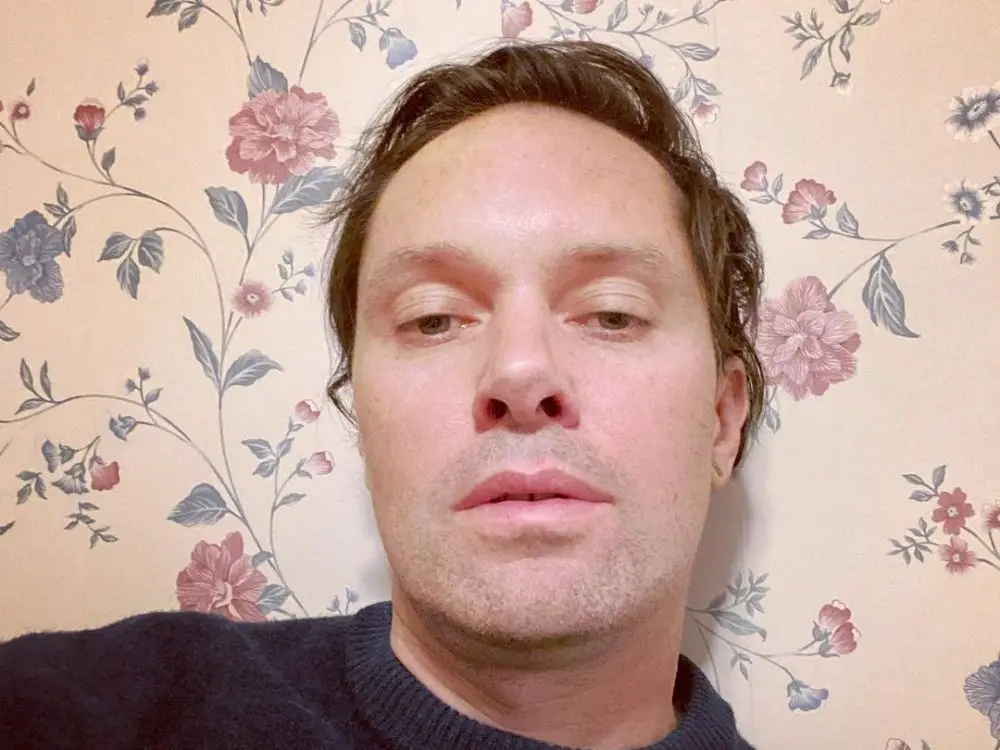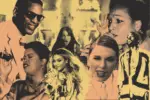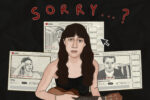When Kanye West announced that a listening party for his long-awaited album “Donda” was set to occur on Aug. 6, I expected a rare and perfect birthday present: Yeezy Season. Alas, my hope was short-lived. Several listening parties later I, at the time of writing, still awaited the release of the album. Similarly, the day of my birthday, Frank Ocean — the enigmatic artist behind my favorite album of all time, “Blonde” — made a rare social media post, seemingly announcing an album and definitively announcing an upcoming interview. To my dismay, the announcement was revealed, a day later, to be for a luxury jewelry brand rather than new music.
Coping with disappointment in artists I love has been a fact of life as a fan of perfectionists and obsessives. Although at times amusing and at others infuriating, the antics of the majority of my favorite artists have little effect upon my relationship with their music. In some cases, however, a line is crossed, making it impossible to reconcile my love of an album or song with the actions of an artist.
Although far removed from artists such as Ocean and West in terms of genre and style, two other songwriters I love, Sun Kil Moon and Rhye, stand out similarly for their evocative songwriting and storytelling abilities. All four have released songs and albums that have spoken to me, and all have disappointed, hurt and even disgusted their fans to varying degrees of severity. Learning to either love or let go of artists has been a learning curve for many in the era of #MeToo and panoptic social media, and different cases warrant different responses.
I have learned to categorize artists into certain areas of fandom: some warranting simply a slight, but undoubtedly intentional, ignorance to their personal endeavors; some justifying an attempt to reduce my financial contribution to their work; and some requiring me to fully detach myself from their art.
Sun Kil Moon, the moniker of Mark Kozelek, is a master storyteller. He relays the experiences of those around him through music that is both lush and lyrically stunning. In his song “Jim Wise,” he describes a man preparing to go to prison: “Jim Wise mercy killed his wife at the hospital at her bedside / Then he put the gun to his head and it jammed and he didn’t die / Awaiting trial all summer long and his eyes welled up when he told us / About how much she loved the backyard garden and the budding rosebush.” His ability to relate a brutal incident with nuance and compassion is stunning. Despite all this, he is (by many accounts) a sexual harasser or more.
Known for his track “Open,” Rhye, the moniker of Michael Milosh, is a similarly talented artist. “Open” was among my favorite love songs, with gorgeous production, evocative lyrics and a catchy hook that made it enjoyable on both a sonic and lyrical level. When allegations of sexual abuse emerged, I was taken aback and disgusted. Was a song I had been playing on repeat, a song I identified with, a song I listened to with people I cared about, written about a woman the artist groomed and abused? The moral, financial, musical and personal implications of that possibility shook me. I realized that for me, there was and is no separating art from the artist when the art is intrinsically tied to the misconduct.
In this age of visibility, it has become easy to see through to the faults and misguided actions of artists one loves. Along the spectrum — from Frank Ocean’s dismissal of his fans to West’s political stances to Sun Kil Moon’s alleged sexual coercion to Rhye’s alleged grooming and rape — I am able to separate an artist from their art to varying degrees. This action ranges from easy, in the case of Frank Ocean, to impossible, in the case of Rhye. Although it is a deeply personal decision to either give up on a once-loved artist or continue in support despite misgivings, I often place my relationship with art somewhere on a graph with three axes: financial, emotional and intellectual.
I can emotionally connect with art while intellectually recognizing the problematic sides of an artist and choosing to not financially support them. Similarly, with some artists, I emotionally attach myself to their music while intellectually appreciating other things they stand for and giving financial support through album and merchandise purchases.
I am saddened by the real possibility of never hearing from Frank Ocean again musically. However, I choose to support him because I appreciate what he stands for, not only musically but culturally, as well. Although I will defend some of West’s faults for hours on end, to me, many are indefensible, and I have come to terms with his musical genius being tied to his eccentricities. Although I love Sun Kil Moon’s music and believe that his power to tell stories compassionately is stunning and worthwhile to experience, I avoid financially supporting his art due to the allegations against him.
In each of these cases, there is a degree of separation between art and artist. Whether emotionally (in the case of Ocean), intellectually (in the case of West) or financially (in the case of Sun Kil Moon) preventing myself from becoming entrenched in anything beyond their albums, I separate each artist from the art I love so dearly.
In the case of Rhye, I find this impossible. The innate emotional connection Rhye’s actions have to his art make it difficult to listen to his music without feeling, at a core level, disturbed. Even if I could listen with no financial benefit to the artist, I would still be consuming a love song made in a horrific context.
The ability to separate an artist from their art is almost necessary in an era of oversharing and canceling, and although in some cases it is possible to varying degrees, in others it is not. Although decisions as to what level one can compartmentalize the actions of their beloved artists are deeply personal, I believe that when negative behavior is linked directly to material, it is almost impossible to decontextualize a song from the singer.
Even though it hurts to let go of music I love, when an artist’s actions make it necessary, sometimes a reminder of how far the ripples of hurt can travel helps me wrap my head around the profound value of trying to be a good person. Losing a song does not compare to those directly touched by sexual misconduct or assault. Still, every time I have to skip the song in an old playlist, I am reminded to be mindful of those who were harmed by those artists in ways far deeper than I could imagine.
These small reminders keep me aware that artists are not gods, that they are people good and bad and nuanced like the rest of us. Although they may express it beautifully, sometimes what they have to express from within themselves doesn’t come from somewhere beautiful at all.

















